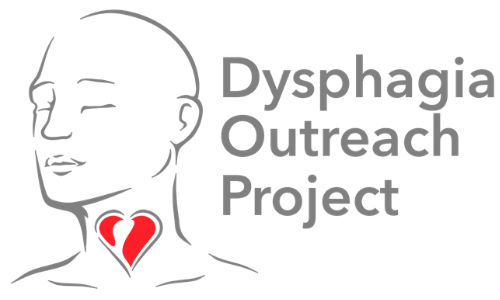The Role of the SLP in a Skilled Nursing Facility (SNF)
Speech-Language Pathologists (SLPs) play an important role in a Skilled Nursing Facility (SNF). SLPs assess and treat patients with a wide variety of deficits, including, but not limited to, dysphagia, cognition, speech and/or communication difficulties.
According to ASHA, approximately 7.6% of ASHA-certified SLPs work in a SNF. ASHA states, “They treat the same disorders that are seen in hospitals, but typically stay longer to work on functional skills to become more independent.” In the SNF setting, SLPs must work with an interdisciplinary team in order to individualize treatment and successfully meet the needs of a patient. SLPs may work with others such as physical therapists, occupational therapists, recreation therapists, nurses, social workers, dietitians, etc.
Collaboration and communication is especially important when working with other providers to make the best clinical decision for an individual with dysphagia. SLPs must collaborate with and educate members of the interdisciplinary team, in addition to advocating for instrumental swallow studies. Patients are often sent out for a swallow study, or they are completed at the facility via Mobile FEES and/or Mobile MBSS. It is important for the SLP referring the patient to not only share the results of the clinical examination with the SLP conducting the instrumental examination, but to ask specific questions that need to be answered in order to make the best management decisions (Riquelme, 2013). Once the objective swallow study is completed, the SLP can work with the patient, family, and team to discuss a plan of care based on the results of the instrumental examination and the patient’s wishes.
Dysphagia Outreach Project aims to further educate individuals about swallowing disorders and provide assistance for individuals with swallowing disorders across the lifespan. Click ‘Apply for Assistance’ to fill out our application for supplies!
American Speech-Language-Hearing Association. (n.d.). SLPs in Long-Term Care. American Speech-Language-Hearing Association. https://www.asha.org/slp/healthcare/longtermcare/#:~:text=According%20to%20data%20collected%20by,are%20unique%20to%20this%20setting.
Riquelme, L. F. (2013). Managing Dysphagia in Long-Term Care Settings: Clinical Considerations. Perspectives on Swallowing and Swallowing Disorders (Dysphagia), 22(3), 107–117. https://doi.org/10.1044/sasd22.3.107
